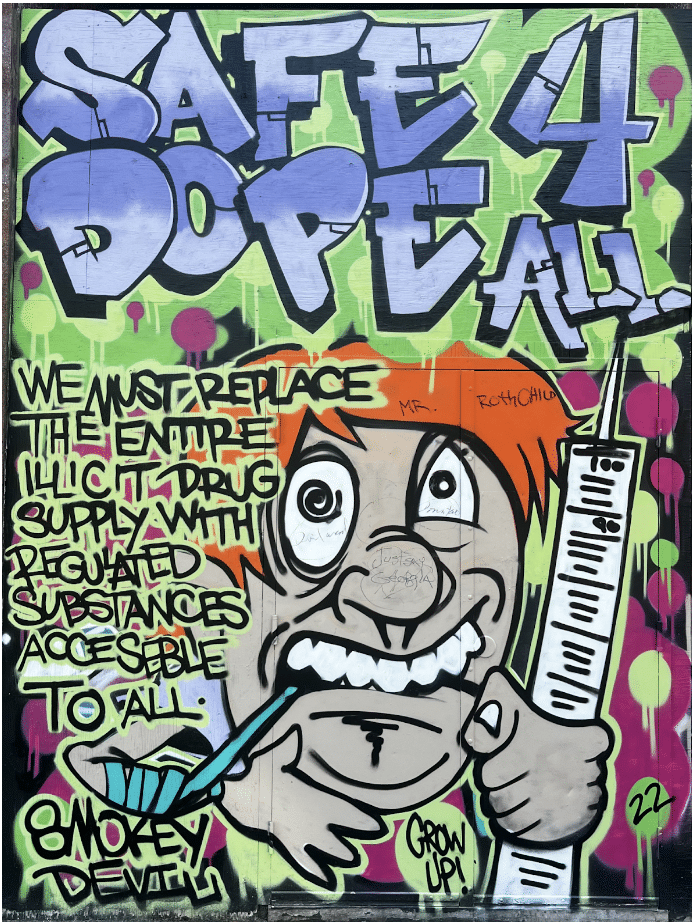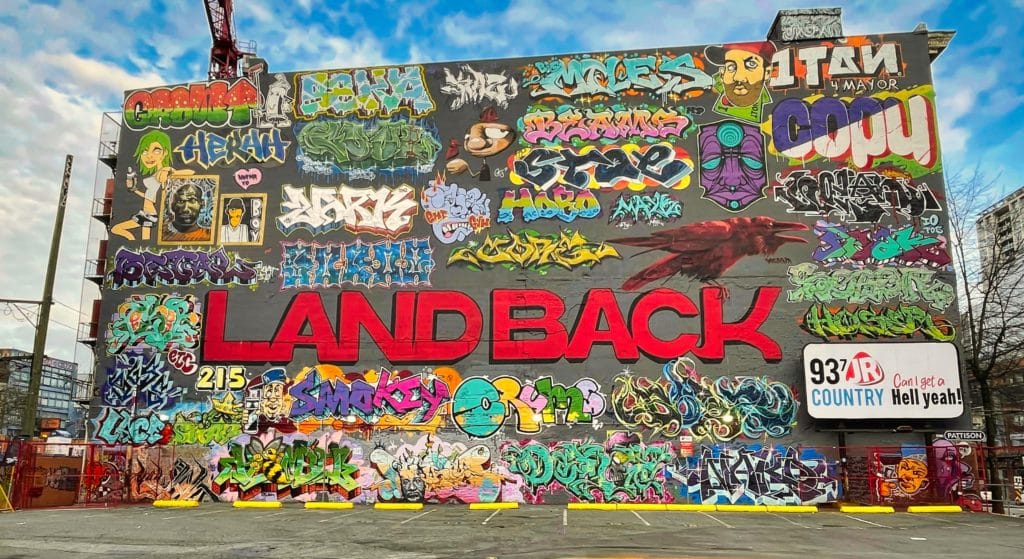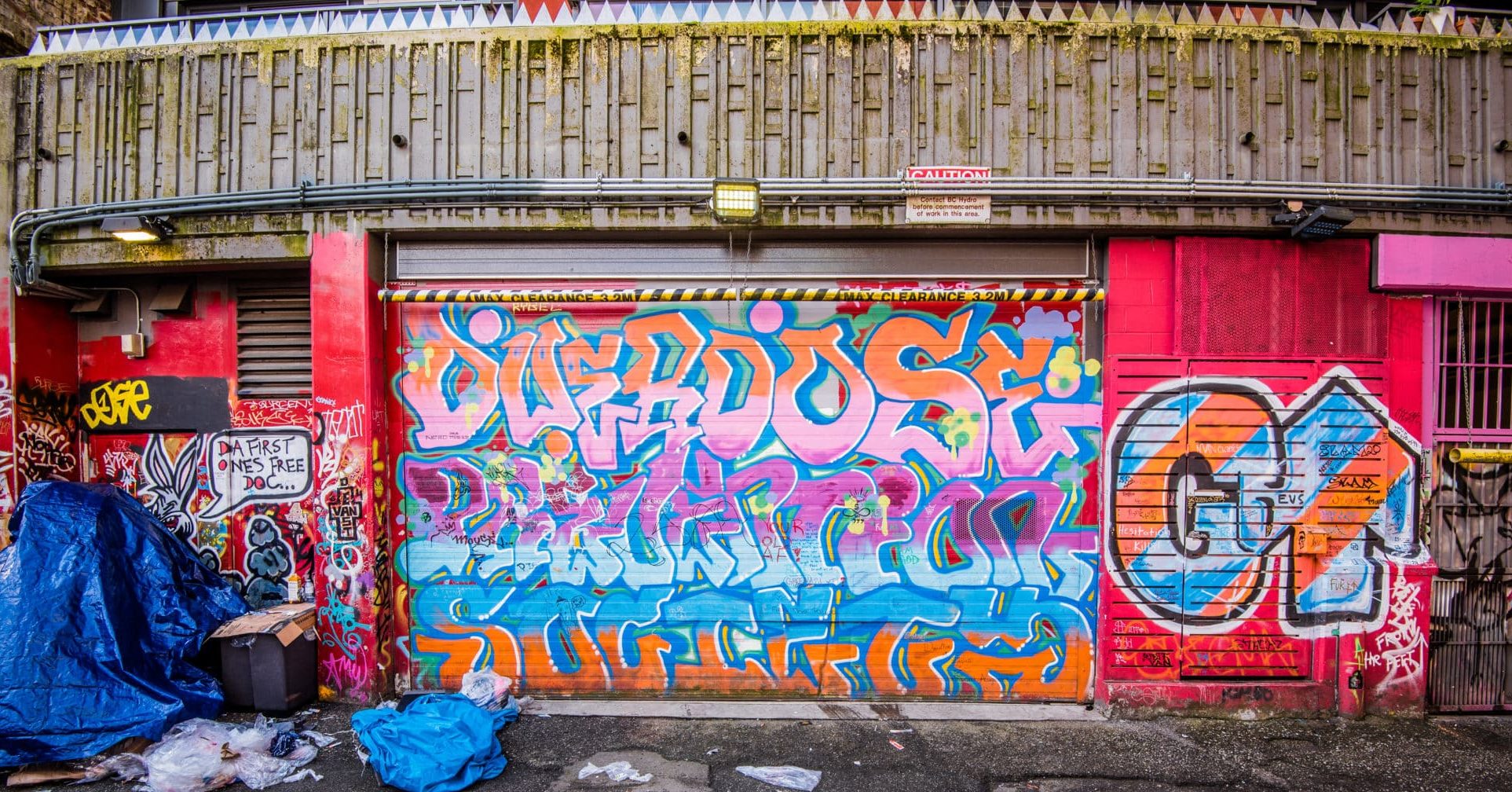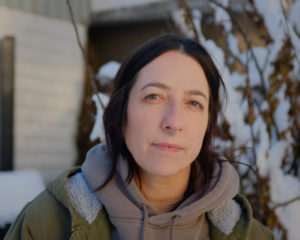British Columbia is about to become the first Canadian province to decriminalize personal possession of some state-banned drugs—a move that media and government officials are widely touting as progressive. As drug users who work in frontline harm reduction, we do not share this view.
On January 31, a temporary exemption to Canada’s federal Controlled Drugs and Substances Act will decriminalize personal possession, by adults over 18, of opioids, methamphetamine, cocaine and MDMA. The exemption will remain in effect for the next three years. It sets the threshold of personal possession at a cumulative 2.5 grams.
This threshold does not reflect true buy-in from the people it purports to serve.
“In my experience as a longtime drug user and [overdose prevention site] supervisor, everyone has different tolerances, so they use and carry different amounts,” Vancouver Area Network of Drug Users (VANDU) President Kevin Yake told Filter. “Two-and-a-half grams … that’s breakfast for a guy like me, not three days of supply. I don’t agree with the thresholds at all.”
Health Canada, which is well aware of this and has the authority to rectify it, did not provide responses to Filter‘s inquiries about threshold amounts.
The vast majority of confiscations are personal supplies of under 2 grams, which is why police wanted a 1-gram threshold.
VANDU, one of the stakeholders consulted over the policy, believes in decrim without thresholds. Its members suggested a compromise of an 18-gram threshold—a figure subsequently backed by the BC Health Coalition. In its October 2021 exemption request, the province endorsed a 4.5-gram threshold. In May 2022, the federal government cut it down to 2.5 grams, in deference to objections from law enforcement. The vast majority of drug confiscations are personal supplies of under 2 grams, which is why police had wanted a 1-gram threshold.

Vancouver police (VPD) have long enjoyed broad discretion over how to criminalize people found in personal possession of state-banned drugs. While a federal prosecution directive that discourages pursuing such charges has helped keep the rate of convictions lower than it might be otherwise, VPD records indicate a practice of widespread harassment in which officers confiscate small amounts of drugs without filing formal charges. We also know that many belongings taken during street sweeps conducted by police and city go unrecorded.
Since 2020, police have been campaigning for expanded authority over BC drug users, including in treatment referrals. In November 2022, a provincial health committee report on the overdose crisis recommended creating an entirely new federal funding stream for police to implement decriminalization. (The same report cowered away from recommending non-medicalized safe supply.)
When the VPD gleefully celebrates raids and seizures, it’s celebrating disruptions to the supply chain that throw daily lives into further chaos and greater risk.
As a condition of BC’s exemption, Health Canada mandated that the province install “alternative measures,” which among other things ensure that everyone detained for possession must receive referrals to services from police officers. The VPD, having commissioned a widely criticized report that it has used to misrepresent its budget as deflated, is requesting an annual budget of $383 million and justifying it by highlighting involvement in “social items.” Additional public service and health organization labor hours, which will not not appear in police department budgets, will be funneled toward trainings and educational materials.
When the VPD gleefully celebrates raids and seizures, what it’s really celebrating are disruptions to the supply chain that throw the daily lives of drug users into further chaos and greater risk. A more relevant decrim model would incentivize bulk purchasing, thus allowing more people to secure more consistent supplies.
The 2021 BC exemption request noted that although it had “considered the option of pursuing an exemption without established thresholds, it was determined that such a model would provide too much discretion and likely fail to achieve desired short- and long-term objectives.”
If decriminalization were not shaped by the parties with a vested financial interest in criminalization, the short- and long-term objectives would be to immediately stop investing in mass incarceration and mass deaths, and to reinvest the funds and resources into impacted communities.

Prohibition is a weapon of colonial control. The Canadian government has never decolonized its criminal-legal systems, and Canadian law enforcement denies that it enforces systemic racism while it continues to disproportionately pack Indigenous people into prisons and jails. The VPD did not respond to Filter‘s request for comment.
First Nations communities also continue to be disproportionately impacted by overdose deaths. The BC First Nations Justice Council, which has called for a threshold of 4 grams, noted that the 2.5-gram threshold “appears to be focused on the urban context and has not factored in the ongoing crisis in remote communities.” Having to travel longer distances to buy drugs often means buying more than a so-called three-day supply at a time.
“Police must back down and get their hands out of our pockets, period.”
What could be a transformative policy change, one that enhances the autonomy of people who use drugs, is instead diluted. Material gains are captured by organizations that have upheld the crisis, like law enforcement, and profited from it, like research institutions. The model could have been simplified with a threshold high enough for all, and clear guidelines for reduced police interaction.
Decriminalization is not regulation. It does not unpoison the drug supply. The federal government is patting itself on the back for what in our view is a minor change that could have been implemented eight years ago, as a stopgap for scaling up to full legalization in response to the overdose crisis. This hollow form of an already-incremental policy will further entrench the same colonial systems responsible for more than 10,500 overdose deaths in British Columbia since it declared a public health emergency in 2016.
“Full decriminalization [means] no threshold amounts,” Yake said. “Police must back down and get their hands out of our pockets, period.”
Tara Myketiak coauthored this article.
Top and bottom photographs by Ted McGrath via Flickr/Creative Commons 2.0. Middle photograph by Tyson Singh Kelsall. Murals by Smokey Devil and other Vancouver Downtown East Side artists.






